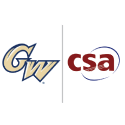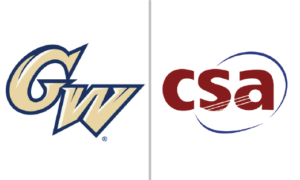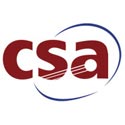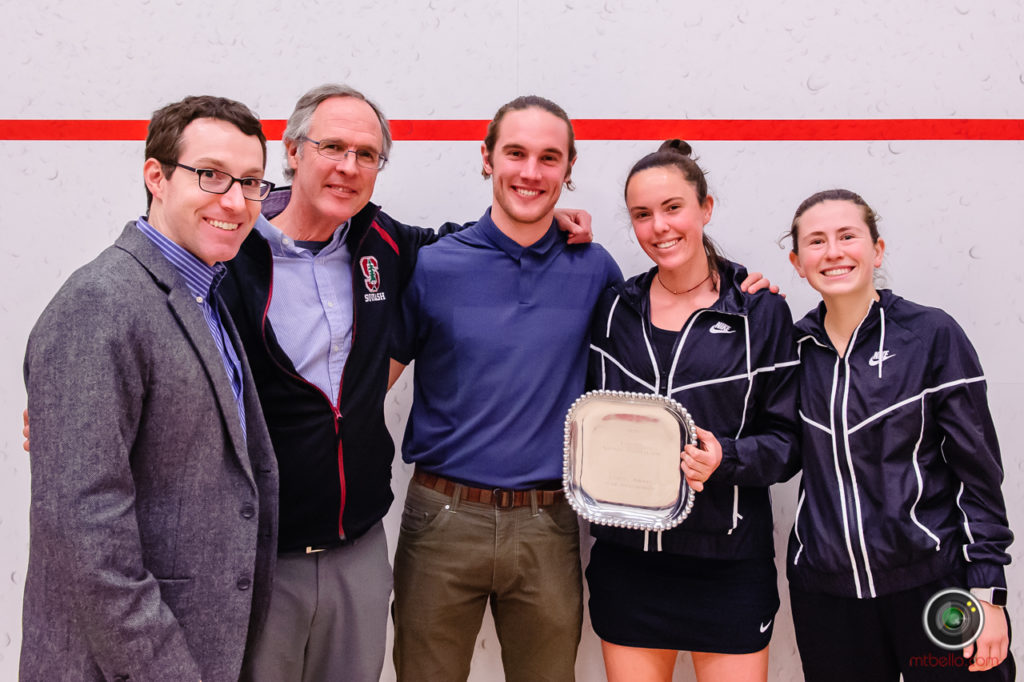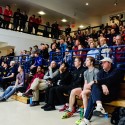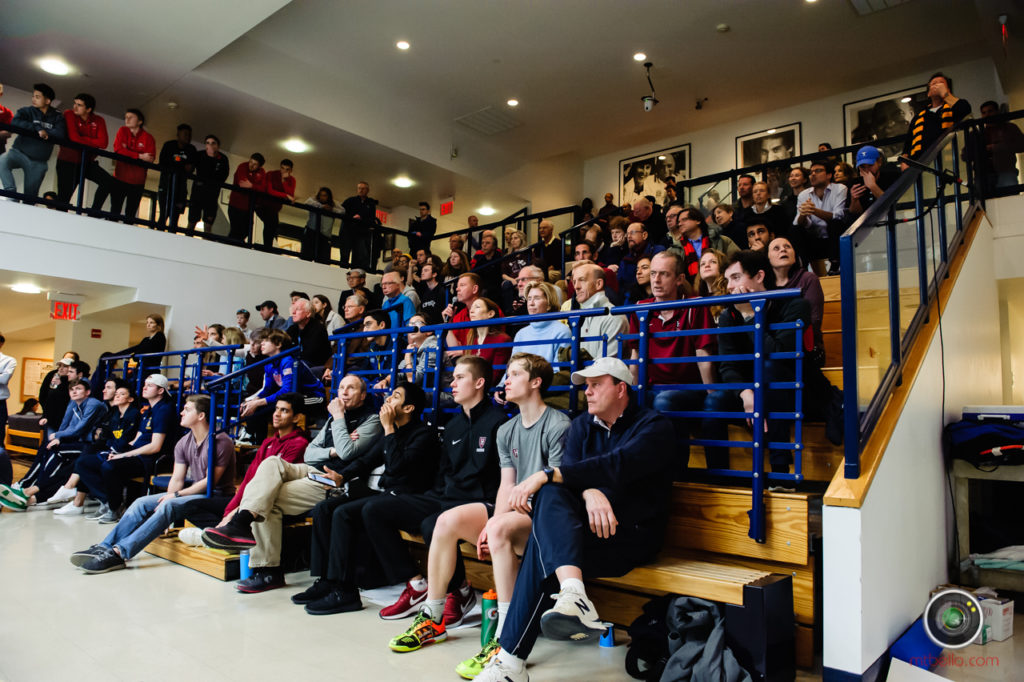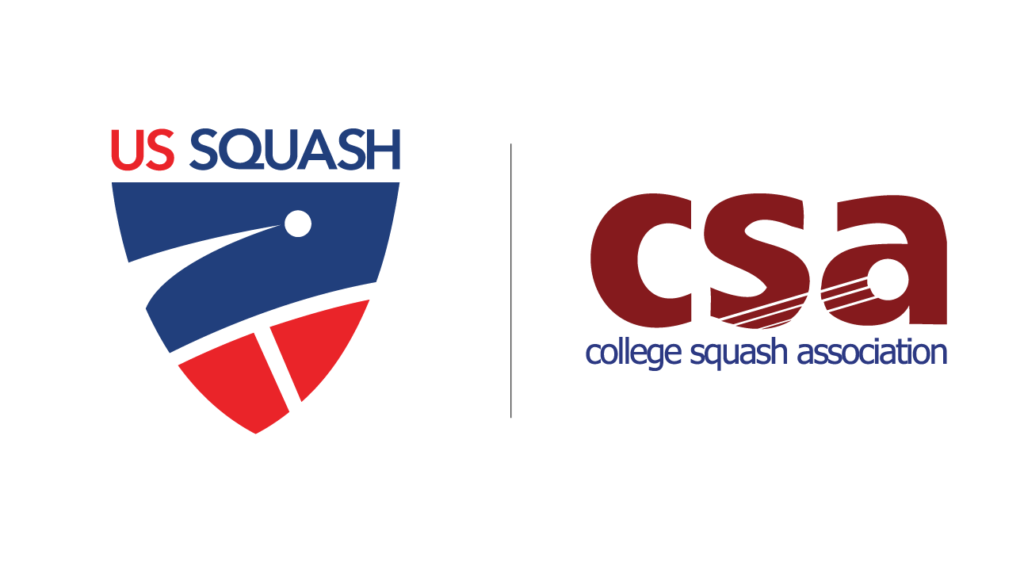 Playing college squash is a highlight for many squash players. Opportunities exist for interested junior squash players at all levels, from top-ranked college varsity programs to club teams. Due to the COVID-19 pandemic, the traditional process for evaluating college prospects has been disrupted this year – both in the realm of athletics and also more generally. In response, US Squash and the College Squash Association (CSA) have been working closely together, including devising the college showcase series, to assist players’ navigation of the current landscape and with their desire to find the right college fit.
Playing college squash is a highlight for many squash players. Opportunities exist for interested junior squash players at all levels, from top-ranked college varsity programs to club teams. Due to the COVID-19 pandemic, the traditional process for evaluating college prospects has been disrupted this year – both in the realm of athletics and also more generally. In response, US Squash and the College Squash Association (CSA) have been working closely together, including devising the college showcase series, to assist players’ navigation of the current landscape and with their desire to find the right college fit.
Part of the recruitment process is making sure that college coaches know that players are interested in the college squash experience, regardless of their level of play. Traditionally, college coaches have attended the junior accredited tournaments to help them identify potential recruits for their team. These events allowed the coaches to actively interact with players who were in their recruiting year, while also giving them insight into the future to fill their recruiting pipeline. Conversely, players had the chance to display their skills and sportsmanship and, in the case of 11th graders or older, to speak with coaches, possibly to express interest in their school.
The Coronavirus pandemic has halted national tournament play leaving a void both for college coaches and for the student-athletes. Following the model of other sports in the United States, US Squash and CSA have partnered to allow local facilities to host a series of college showcase events. The college showcase series offers players an opportunity to compete, a reason to train, and a chance to provide video evidence of their playing ability at a time when other in-person recruiting opportunities are limited.
All college coaches, including those who previously may have been unable to attend some junior events, are invited to watch potential student-athletes at the showcases either live or through recorded video at their convenience. At the same time, all interested players, no matter their ranking or rating, including those who may not have qualified for the accredited events, have the opportunity to participate and showcase their ability.
It’s important to note that college coaches are aware of the wide variations in the current situation of junior squash players across the country. Some players are able to regularly step on court, some are able to engage in limited competition, while others are unable to play due to personal or facility-access circumstances.
Players and their families should also remember that recruitment is a comprehensive process. Metrics like player ratings and rankings are only two of many criteria that coaches use to evaluate potential recruits. Similarly, engagement in showcase events is not necessary for players who either do not have the opportunity to participate or who choose not to for any reason.
Concerns for family and player safety remain paramount when considering the current process for student-athletes applying to colleges and engaging in the recruiting process. The foremost thing players of recruiting age can do is to actively communicate with coaches about their current situation. Authentic, professional communication with coaches about one’s personal story matters. This document includes answers to many commonly asked questions regarding the recruitment process. Families can also view video of the recruiting presentations CSA has offered here.
US Squash and CSA are frequently adding new showcase events to extend the reach of this program to support interested high school players in their hope to play squash in college. The full list can be viewed here.





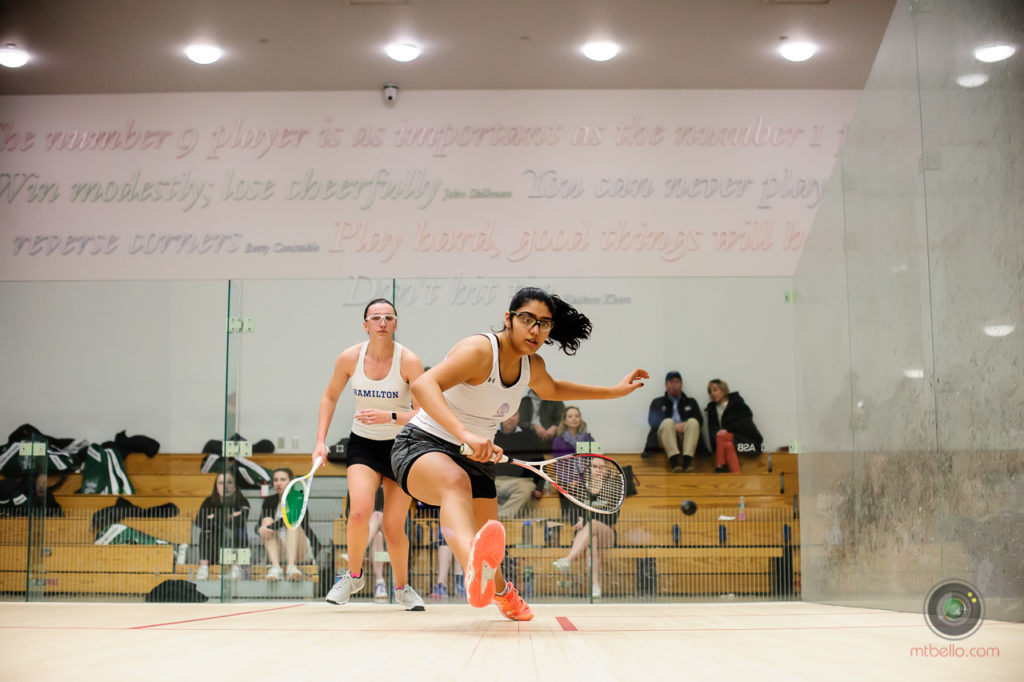
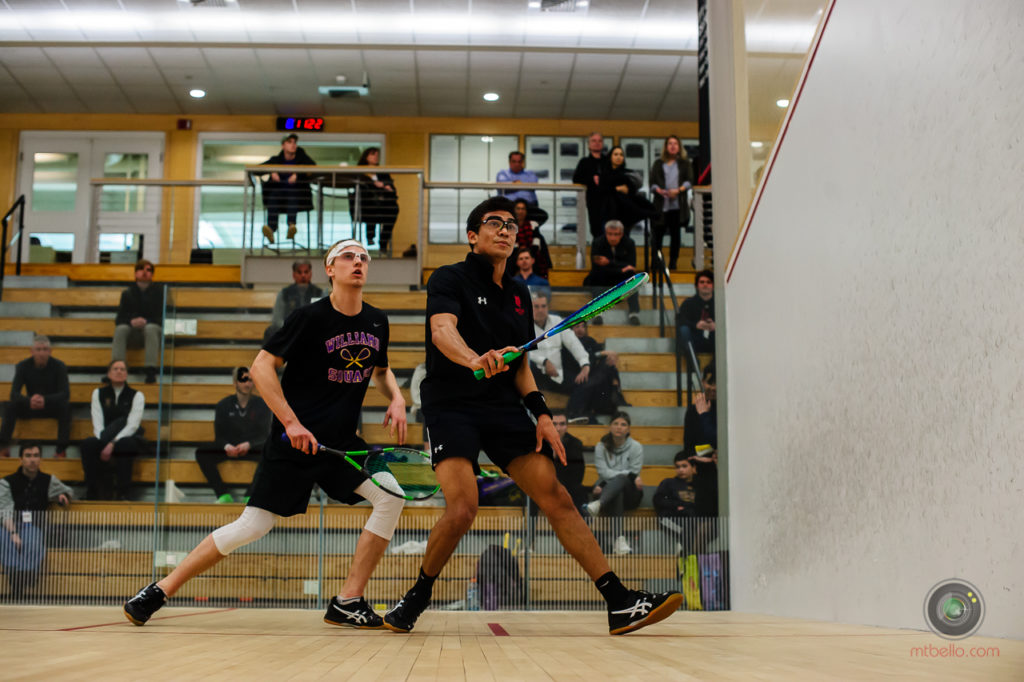 While formal NESCAC conference competition is cancelled, individual institutions may have the option to schedule outside contests at their discretion. CSA will continue to monitor the national and local landscapes regarding COVID-19 and intercollegiate sports, but at this time, CSA will support any teams that wish to schedule contests, as long as the matches can be staged safely. This stance applies to all CSA teams wishing to schedule matches for the 2020-2021 season.
While formal NESCAC conference competition is cancelled, individual institutions may have the option to schedule outside contests at their discretion. CSA will continue to monitor the national and local landscapes regarding COVID-19 and intercollegiate sports, but at this time, CSA will support any teams that wish to schedule contests, as long as the matches can be staged safely. This stance applies to all CSA teams wishing to schedule matches for the 2020-2021 season.
